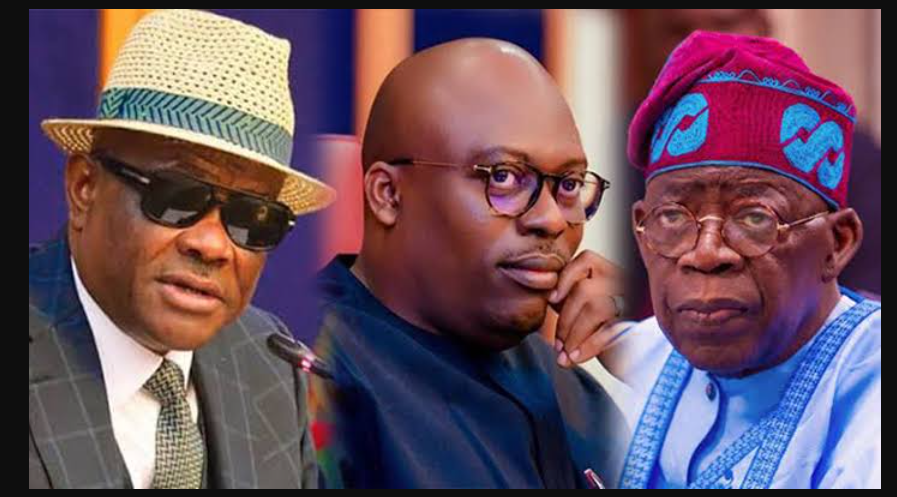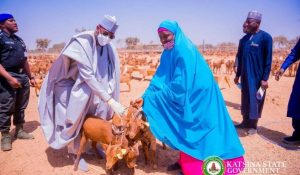
As Rivers State LG Crisis Escalates
The unrest in Rivers State has taken a dangerous turn as opposition to the results of Saturday’s local government elections has led to widespread vandalism and destruction of government properties by disgruntled groups.
On Sunday, Governor Siminalayi Fubara swore in the newly elected council chairmen across the state’s 23 local government areas, shortly after they received certificates of return from the Rivers State Independent Electoral Commission. The Action Peoples Party (APP) secured 22 out of the 23 chairmanship positions, with the Action Alliance taking the remaining seat. These newly elected APP chairmen are aligned with Fubara, who has been locked in a power struggle with his former political mentor, ex-governor Nyesom Wike.
In response to the appointments, chaos erupted on Monday as armed groups targeted local government secretariats, attempting to prevent the newly elected officials from assuming office. Several secretariats, including those in Eleme and Ikwerre LGAs, were attacked with arson and vandalism. In Emohua LGA, an explosion rocked the secretariat following the inauguration of the chairman’s deputy and council members. Tragically, reports indicate at least one fatality in Bori, Khana LGA.
Governor Fubara had warned on Sunday of plans to disrupt the operations of the newly elected officials. His concerns were compounded by the withdrawal of police officers from all local government secretariats, a move ordered by Inspector-General of Police Kayode Egbetokun, which intensified the volatility on the ground.
This unfolding crisis underscores the dangerous implications of power struggles within Nigeria’s political landscape. Fubara’s ongoing conflict with Wike, coupled with the loyalty of many House of Assembly members to the former governor, has created a tense environment. The situation escalated further after the October bombing and subsequent demolition of the Rivers House of Assembly complex.
Such instability, especially amid economic challenges, poses a serious threat to governance in Rivers State. The focus of leadership should be on improving the lives of the citizens, not a political tug-of-war for control.
Historically, unchecked political conflicts have led to far-reaching consequences in Nigeria, such as the military intervention in 1966. The current political class must avoid repeating these mistakes and prioritize peace and governance.
Inspector-General Egbetokun’s decision to withdraw police protection during such a sensitive time is troubling and could further destabilize the state. It is crucial for President Bola Tinubu, who has previously mediated between Fubara and Wike, to ensure federal powers are not used to fuel the conflict. Local leaders, including former President Goodluck Jonathan and Ijaw leader Edwin Clark, should also step in to restore order and peace.
Governor Fubara must be allowed to govern without interference from external forces, ensuring the stability and prosperity of Rivers State.









